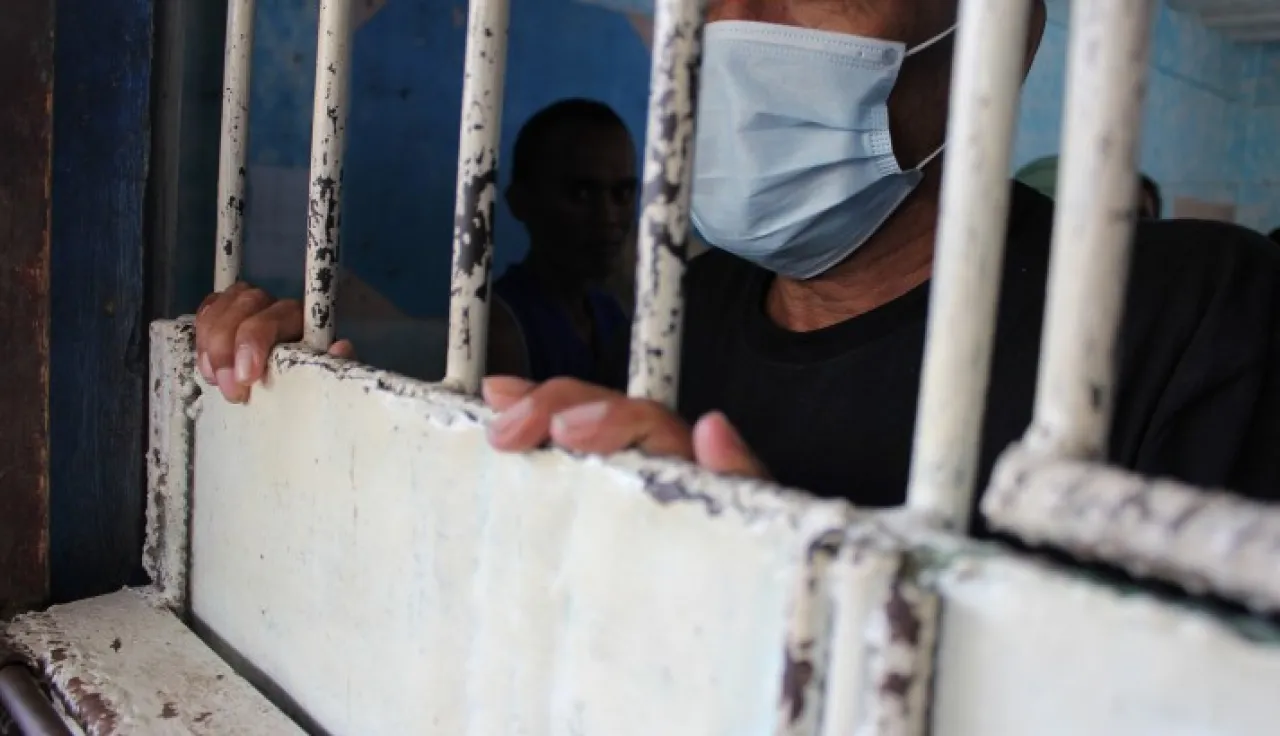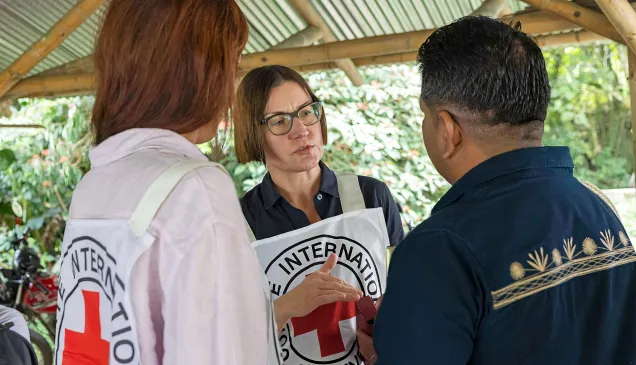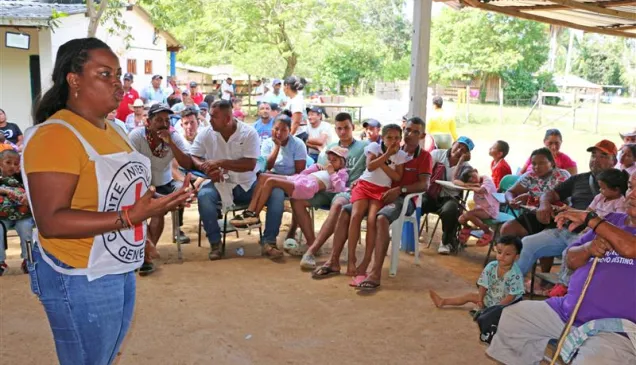Overcrowding in temporary detention centres getting worse

The state of the Colombian prison system continued to put the fundamental rights of people deprived of their liberty at risk.
Although overcrowding in state prisons has decreased substantially since the start of the COVID-19 pandemic – from 51 to 21 percent – the problem has shifted to temporary detention centers, where rates of overcrowding have hit critical levels.
State prisons also continue to have trouble ensuring detainees have decent living conditions and access to the basics, such as health care, water, food, hygiene and sufficient space. In addition, prison infrastructure is often deficient and poorly maintained.
Furthermore, the lack of personnel and education and rehabilitation programmes has a negative impact on social reintegration. Among those who are currently in detention, certain groups, such as older adults, people with disabilities and people with mental health issues are more vulnerable because of the lack of a differentiated approach to their problems.
For detained women heads of household, time in prison considerably reduces the emotional ties their children feel for them as a result of the impact it has on their children's upbringing and many exclusionary factors.
More about 'Humanitarian Challenges 2023'
- Civilian population trapped in fear and anxiety
- "The importance of humanitarian action" Lorenzo Caraffi
- The constant threat of explosive hazards
- Unending uncertainty
- Health in the midst of conflict
- Releases: A reflection of our role as neutral intermediary
- Calls to action from ICRC to Colombia in 2023
- Colombia: Stories from the field



